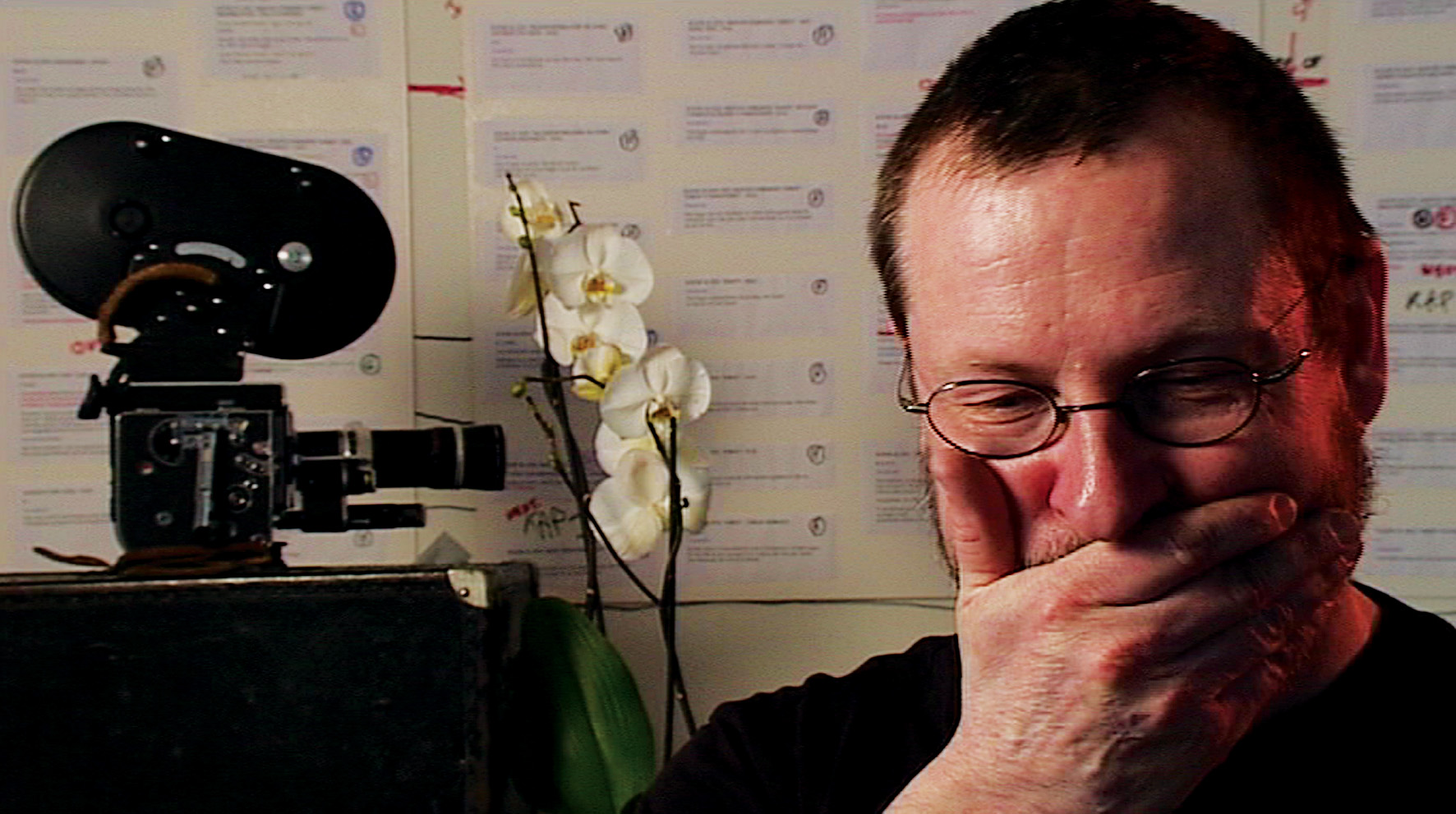Lars Von Trier reacts
The following email just landed in my inbox from Lars Von Trier’s publicist, this after an official from Iran’s Culture Ministry complained to the Cannes Festival that they should not have banned Von Trier for his Nazi-related comments during a press conference last week.
“In connection with the Iranian Vice Minister of Culture Javad Shamaqdari’s letter to the Cannes Film Festival regarding the “Persona non grata” stamping of my personality, I feel called to make the following comment:
In my opinion, freedom of speech, in all its shapes, is part of the basic human rights. However, my comments during the festival’s press conference were unintelligent, ambiguous and needlessly hurtful.
My intended point was that the potential for extreme cruelty, or the opposite, lies within every human being, whatever nationality, ethnicity, rank or religion. If we only explain historical disasters with the cruelty of individuals we destroy the possibility of understanding the human mechanisms, which in turn are necessary in order to avoid any future crimes against humanity” (Lars Von Trier).
OK, Lars, well, that wasn’t really necessary. Paying attention to something an official of the Iranian Republic Islamic is the same thing as when Kazakh Ambassador to the United Kingdom Erlan Idrissov protested that Sacha Baron Cohen made a movie that supposedly disparaged Kazakhstan. In that case, Borat was funny and that was that. In this case, Von Trier unwittingly gives credibility to something an official from Iran’s government has said (the same government who openly supports the elimination of the State of Israel).
Von Trier was recently asked about comments made in Cannes by an Israeli news media (watch the video here). Watching him trying to explain haphazardly the discovery that he was Jewish followed by a more recent news that he wasn’t, helps to illustrate what Cannes programmer Thierry Frémaux said during his announcement that the Danish filmmaker was banned. Namely, many of the people who come to present films in Cannes can be eccentric and are not used to public speaking, with the allusion that can sometimes have disastrous consequences.
And yet, it’s clear that Mr. Von Trier, who won the Palme D’Or in 2000 for “Dancer in the dark,” wants to make amends for the torrent of anti-semitic insinuations that he spouted off during the press conference for his movie “Melancholia” at the Cannes Festival. Keeping a low profile would seem more appropriate while the dust settles and this strange incident eventually gets forgotten.








